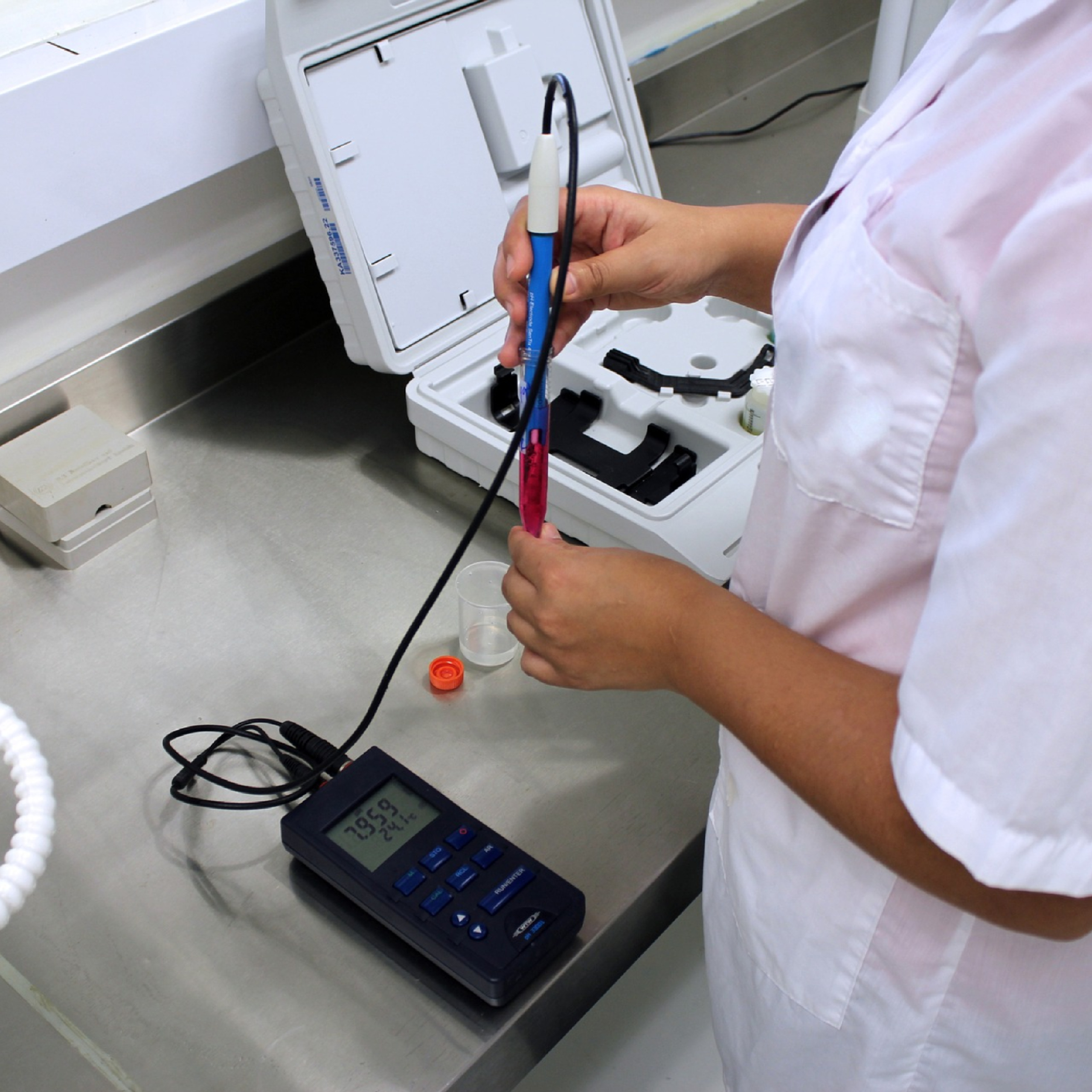Digestive/Gut Health
Food Allergy vs. Sensitivity vs. Intolerance – What’s The Difference?
Food sensitivity testing (FST) is a blood test many naturopathic doctors do in practice to measure the level of an immune response a patient has to certain foods. With the increasing evidence on the link between your gut and many chronic diseases, this can be a very useful tool in finding the root cause of your health concerns. Consumption of foods that your body negatively reacts to initiates an inflammatory cascade that can contribute to many skin conditions (eczema, psoriasis, acne, etc), cognition problems (poor memory, concentration and focus issues, etc), osteoporosis/arthritis, joint pain, asthma, weight gain, fatigue, as well as gut concerns (including poor nutrient absorption, constipation/diarrhea, bloating, etc), and many more.
There is some resistance in the medical community about this test, and a large part of this is because many don’t understand what FST is truly measuring. First and foremost, even though the test is measuring an immune response, it is NOT indicating a true “allergy”. There are specific tests that the conventional medical system does (such as the skin prick test) that DOES measure an allergic response. Confused? Take a read below as I dive into what a food allergy vs. sensitivity vs. intolerance is.



